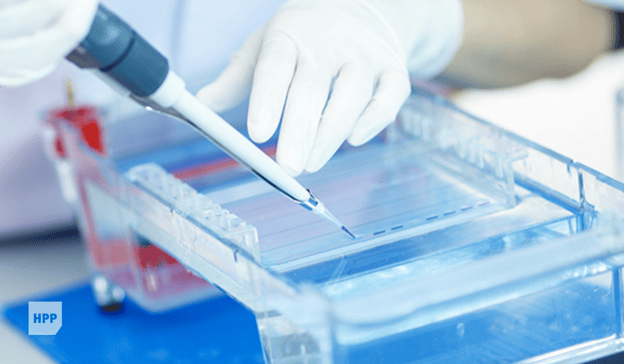Driving Innovation Through Plastics
In autonomous manufacturing, "quality control" refers to automated or semi-automated processes and systems. These processes and systems ensure that products meet the desired standards of quality and consistency. Technology, data, and monitoring are all used to maintain and improve product quality.
High quality and consistency in plastics production ensure the durability and reliability of the final products. Quality control reduces the risk of product defects, breakages, or failures. It also keeps plastic parts consistent to fit with other components easily.
Machine Learning and AI
Machine learning and artificial intelligence work to analyze large volumes of data generated by manufacturing processes. These technologies can identify patterns and correlations that might not be apparent to human operators, helping process optimization.
These technologies can detect defects and anomalies for real-time correction. They can also identify patterns and trends in data to allow for proactive equipment maintenance. Using machine learning algorithms can increase efficiency and reduce waste.
Traceability
Implementing traceability systems allows manufacturers to track each product's history, including raw materials, production steps, and quality data. This is important for checking quality, as traceability helps find where problems originate.
Tracking and documenting materials, processes, and products in plastics manufacturing ensures compliance with industry standards and regulations. It allows for accountability in case of any defects, recalls, or customer complaints. Traceability can also identify inefficiencies or bottlenecks in the production process, allowing for continuous improvement and cost reduction.
Some of the systems used for traceability include barcode technology, radio frequency identification (RFID), manufacturing execution systems (MES), and enterprise resource planning (ERP).
Training and Maintenance
Autonomous manufacturing systems require well-trained personnel to operate and maintain them. Training and maintenance are essential for product quality and performance of autonomous manufacturing equipment.
Regular maintenance allows manufacturers to find and fix equipment issues before they become more significant problems. By properly cleaning, lubricating, and calibrating equipment and machinery, regular maintenance helps extend their lifespan. Proper maintenance reduces the risk of unexpected breakdowns or downtime, minimizing costly repairs and production delays.
Continuous Improvement
Continuous improvement in quality control means constantly finding and making changes to improve the quality of products or processes. It involves regularly reviewing and analyzing data, identifying areas for improvement, and implementing corrective actions.
Analyzing data and feedback helps find ways to improve by providing objective information about how well something is working. This helps find hidden patterns, trends, and connections, leading to a better understanding of the problem or issue.
Quality control is an ongoing process. At Houston Plastic Products, we continuously analyze our data, identify areas for improvement, and implement changes to enhance product quality and efficiency.
Quality control in autonomous manufacturing relies on machine learning and AI, traceability, and maintenance. These factors are essential for consistently meeting and exceeding quality standards. Quality control also plays a crucial role in reducing defects, improving productivity, and ensuring customer satisfaction.
Looking for high-quality autonomous manufacturing? Contact us today!



